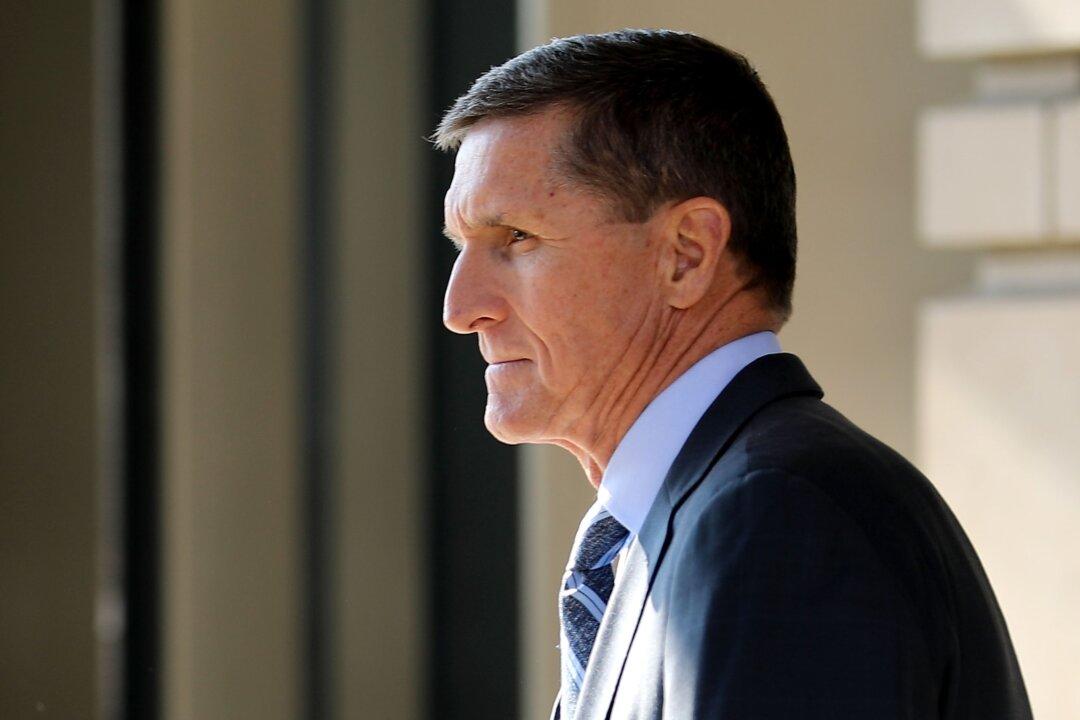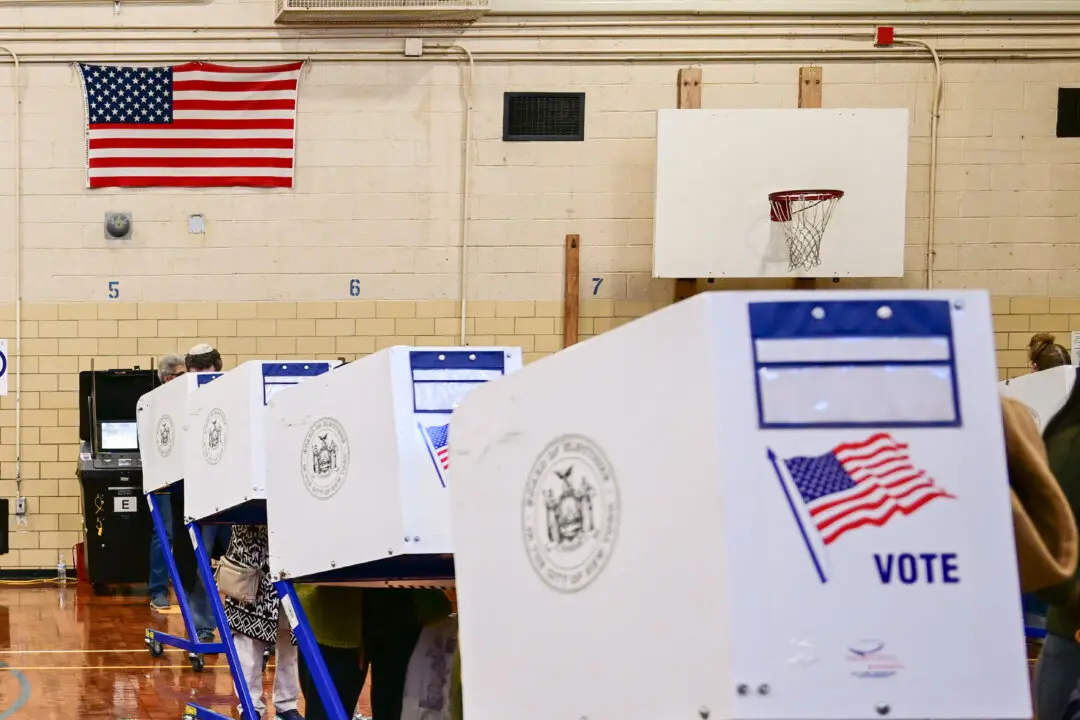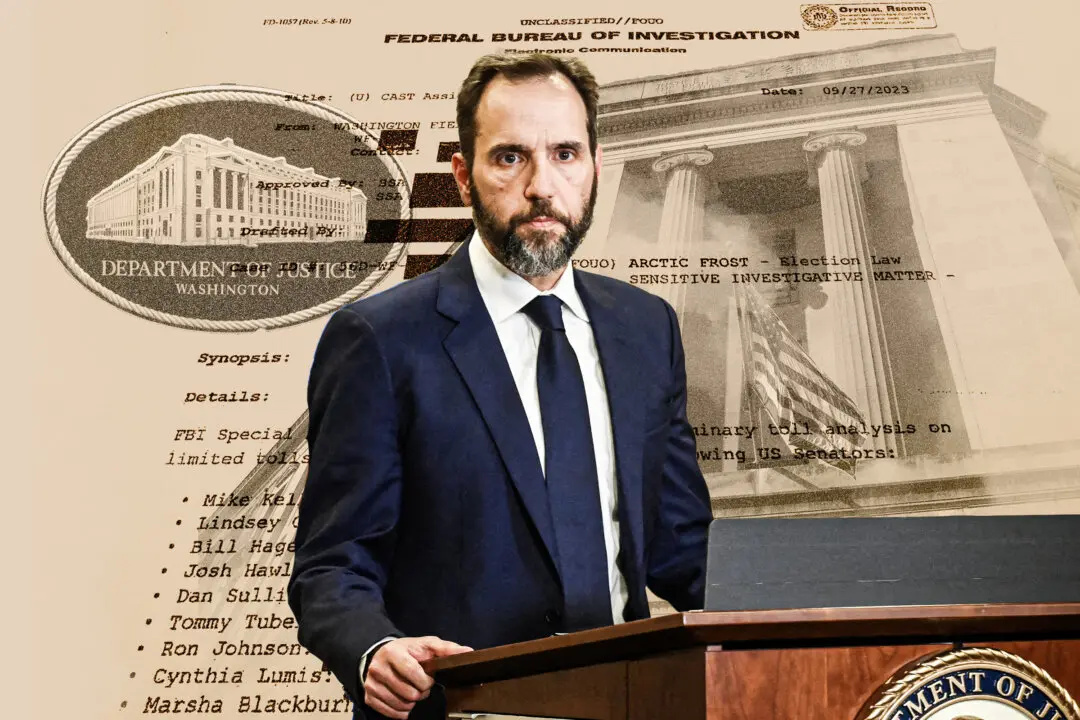President Donald Trump was led to believe his newly appointed national security adviser, Lt. Gen. Michael Flynn, was not under investigation when he fired him last year, according to legal memos sent by Trump’s lawyers to special counsel Robert Mueller.
The issue is significant because then-FBI Director James Comey later accused Trump of pushing him to close an investigation of Flynn by saying to him: “I hope you can see your way clear to letting this go, to letting Flynn go. He is a good guy. I hope you can let this go.”





